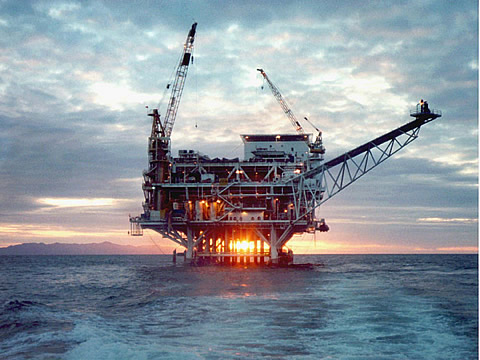Turning off Russian gas, Greece-Cyprus-Israel think electric too
04/05/2022 15:46

The Energy Ministers of Israel, Greece and Cyprus discussed in a tripartite meeting in Jerusalem on April 11 the effects of Russia’s invasion in Ukraine on the energy markets and agreed to advance specific investment plans in natural gas and electricity projects that will help reduce reliance on Russia.
Israel’s National Infrastructures, Energy and Water Resources Minister Karine Elharrar, Greece’s Environment and Energy Minister Kostas Skrekas and Cyprus’ Energy, Commerce and Industry Minister Natasha Pilidou also discussed the deepening of the tripartite strategic cooperation and the flagship projects promoted in the Eastern Mediterranean region, which will enhance energy security and contribute to the diversification of energy sources and routes, including the EuroAsia electricity interconnector between Israel, Cyprus and Greece, the construction of a liquified natural gas (LNG) plant in Cyprus and the EastMed gas pipeline, Greece’s Climate and Energy Ministry said.
“EU’s targets are to reduce reliance on Russian gas be two-thirds this year and completely before 2030, preferably by 2027. But it will also accelerate transition to green energy and within that, it plans to reduce use of gas by 30% by 2030 and by over 80% by 2050,” Charles Ellinas, senior fellow at the Atlantic Council’s Global Energy Center, told New Europe on April 14.
Under these conditions, the East Mediterranean region can help but only by utilizing existing installations, i.e., by using Egypt’s two liquefaction plants at Idku, operated by Royal Dutch Shell, and Damietta, operated by Italy’s ENI, to their maximum capacity, which is about 17 billion cubic meters per year, Ellinas said.
מחירי סחורות
מדדי נפט וזהב
EIA today in energy
Powered by Pixeline





